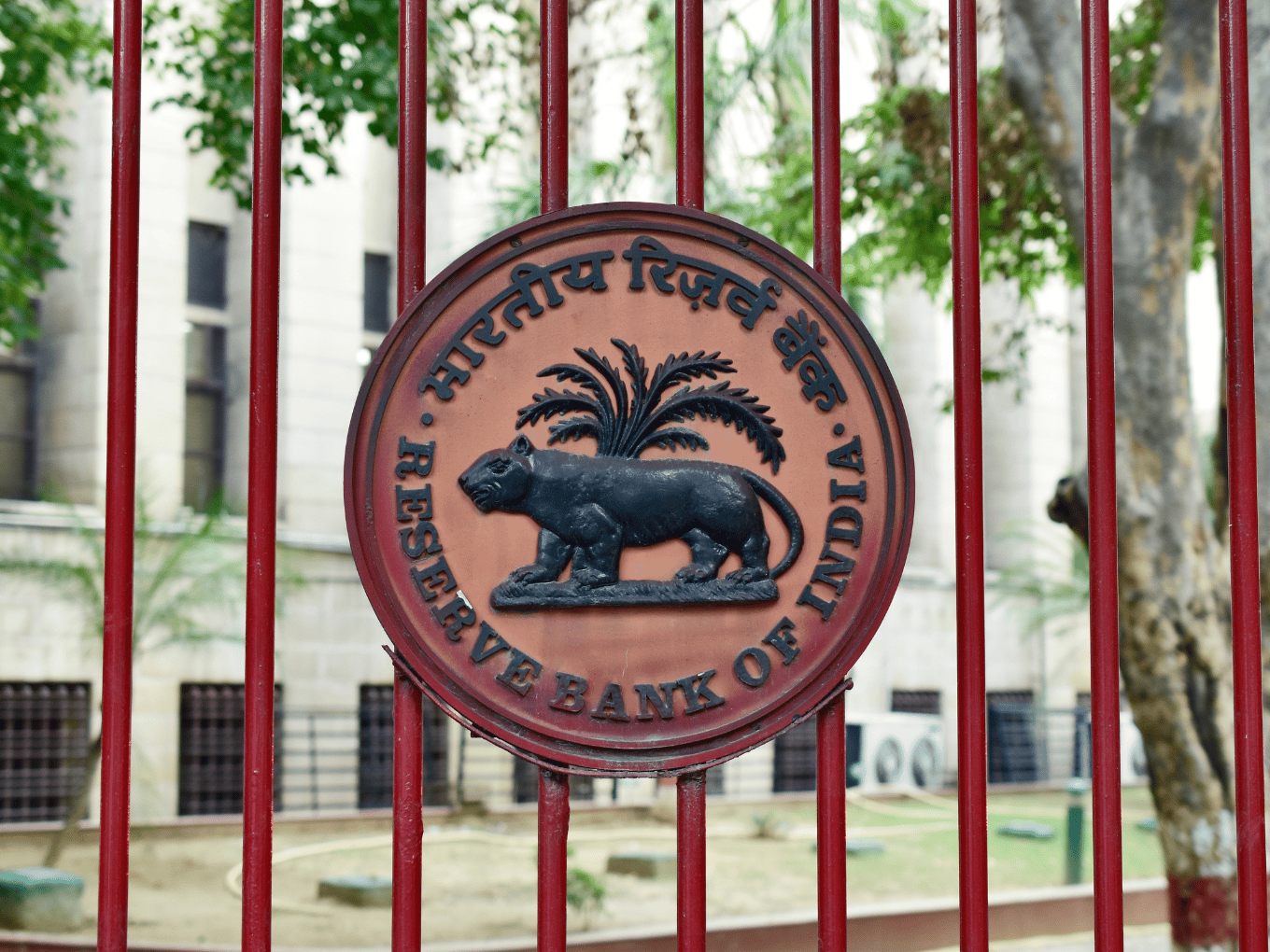RBI Tightens Norms For NBFC-P2P Lending Platforms

In a bid to crack the whip on violations and foster compliance, the Reserve Bank of India (RBI) on Friday (August 16) modified the master directions (MD) for non-banking financial company-peer to peer (NBFC-P2P) lending platforms.
In a notification, the RBI said that it tightened the norms to curb certain practices adopted by NBFC-P2P platforms such as violation of the prescribed funds transfer mechanism, promoting P2P lending as an investment product with features like tenure linked assured minimum returns, among others.
NBFC-P2P act as intermediaries providing an online marketplace or platform for peer to peer lending.
Under the new directions, the central bank has barred platforms from promoting P2P lending as an investment product with features like tenure-linked assured minimum returns, liquidity options, among others.
“An NBFC-P2P shall not cross sell any product except for loan specific insurance products. It may be noted that NBFC-P2P shall not cross sell any insurance product also which is in the nature of credit enhancement or credit guarantee,” the RBI said.
It also added that no loan will be disbursed unless the lenders and the borrowers have been “matched/mapped” as per the platform’s board-approved policy. The previous iteration of the master direction only mentioned the word “matched”.
Elaborating on how to undertake fund transfer between the participants on P2P lending platforms, the RBI reiterated that all such entities would be required to maintain at least two escrow accounts – one for funds received from lenders (lenders’ escrow account) and for collections from borrowers (borrowers’ escrow account).
It, however, prohibited the use of funds from the “lenders’ escrow account” for repayment of loans. Additionally, the RBI has also barred the use of funds from “borrowers’ escrow account” for disbursement of loans.
While underlining that cash transactions are strictly prohibited, the RBI added that all fund transfers will be undertaken between bank accounts.
“The funds transferred into the lenders’ escrow account and borrowers’ escrow account shall not remain in these escrow accounts for a period exceeding ‘T+1’ day, where ‘T’ is the date on which the funds are received in these escrow accounts,” the RBI added.
The central bank has also directed NBFC-P2P lending platform to disclose the “fees liable to be charged, ab initio, i.e., at the time of lending itself”. It has also prohibited “matching/ mapping the participants within a closed user group, whether sourced through an outsourced agency or otherwise”.
Closed user group encompasses borrowers and lenders sourced through an affiliate or service provider to the NBFC-P2P.
Reacting to the new modifications, LenDenClub cofounder and CEO Bhavin Patel said, “The new RBI guidelines are positive for the industry and in the best interest of lenders and borrowers. We welcome these guidelines, which gives crystal clear direction and sets the roadmap for P2P Lending 2.0. As one of the oldest players we strongly believe this will strengthen the industry in the long run”.
The RBI issued guidelines for P2P lending in 2017 to provide a framework for the registration and operation of NBFC-P2Ps in India. Names such as Lendbox, LiquiLoans, Faircent and LenDenClub are some of the major players operating in the NBFC-P2P space.
The latest directions come at a time when the central bank has undertaken sweeping reforms to streamline the P2P lending space. In May this year, the RBI issued guidelines barring P2P lending platforms from entering into default loss guarantee (DLG) agreements with NBFCs.
In February, the central bank reportedly dispatched emails to multiple P2P lending players including CRED, Jupiter, BharatPe, Lendingkart and LiquiLoans, among others, seeking details such as onboarding procedures, customer profiles, agreements with lenders and IT infrastructure.
As per a report, the homegrown P2P lending market is projected to reach a size of $10.5 Bn by 2026.
The post RBI Tightens Norms For NBFC-P2P Lending Platforms appeared first on Inc42 Media.
No comments